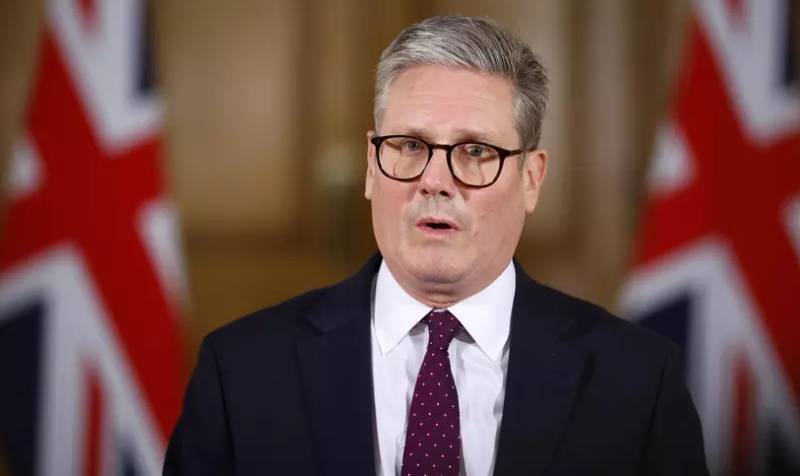Britain has flagged trade deals with the United States and India as post-Brexit wins, but economists say the gains are modest and the costs of leaving the European Union still loom large.
US President Donald Trump announced Thursday that a deal had been reached between London and Washington — the Holy Grail of UK trade policy since the country exited the European Union.
Trump said the deal with Britain would “dramatically” increase exports of beef and other products to the UK, with American farmers standing to benefit.
Downing Street said it slashes export tariffs for British cars from 27.5 percent to 10 percent, which Prime Minister Keir Starmer “hailed as a huge and important reduction”.
But Jonathan Portes, of King’s College London, told AFP: “No serious economist thinks that the overall impact of Brexit on trade and the UK economy remains anything other than significantly negative”.
Taking a different tack from his Conservative predecessors, Starmer is also seeking closer ties with the European Union in the hope of improving the post-Brexit agreement with its largest trading partner and stimulating flagging economic growth.
In another highly-anticipated development, and after years of negotiations, London on Tuesday announced the conclusion of a free-trade agreement with India.
In the midst of Trump’s tariff war, it is being presented as the most ambitious agreement since Brexit, but London acknowledged that it will ultimately add only £4.8 billion a year to British GDP.
“The deals with India, the EU, and US are all likely to be modest and show a UK government realising it won’t get the sort of deep agreements its predecessors thought,” said David Henig, director of the UK Trade Policy Project at the European Centre for International Economic Policy.
The government’s goal isn’t therefore “a matter of making up Brexit losses” as “that isn’t possible at this point, but to make progress where possible, while prioritising the EU,” he told AFP.
The UK has already concluded several post-Brexit trade agreements, for example with Australia and New Zealand, and has joined the Trans-Pacific Partnership (CPTPP), which has 12 members, including Japan and Canada.
But given the small volume of trade with most of these countries, these agreements are more strategic and political than commercial in scope, and the free-trade agreement with the EU remains by far the most important.
However, the government “has played a bad hand quite well,” believes Portes, who added that London had been careful to avoid any action that could directly harm its “reset” of relations with the EU.
The agreement signed with Delhi, which will totally eliminate the 85 percent custom duties currently imposed on UK goods entering India within 10 years, “is a real deal and a genuine achievement,” said Portes.
It could deliver “very substantial benefits to the UK”, and is in contrast to the “damage limitation exercise” of the US deal, he added.
London has so far fared relatively well in the US tariff war announced by Trump on April 2, with UK goods being charged a “baseline” 10 percent levy while the EU and dozens of countries have been threatened with higher duties.
However, it still faces a 25 percent tax that Trump imposed on all imports of steel, aluminium, and most importantly cars.
London has been in discussions with the Americans for several weeks in an attempt to eliminate or reduce these duties.
